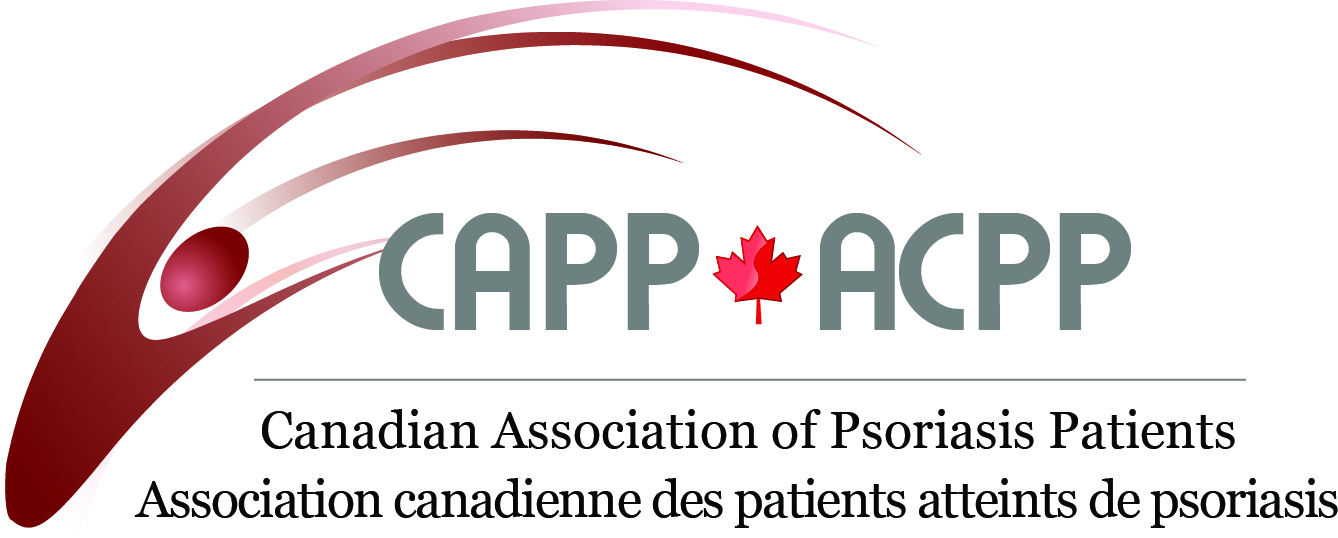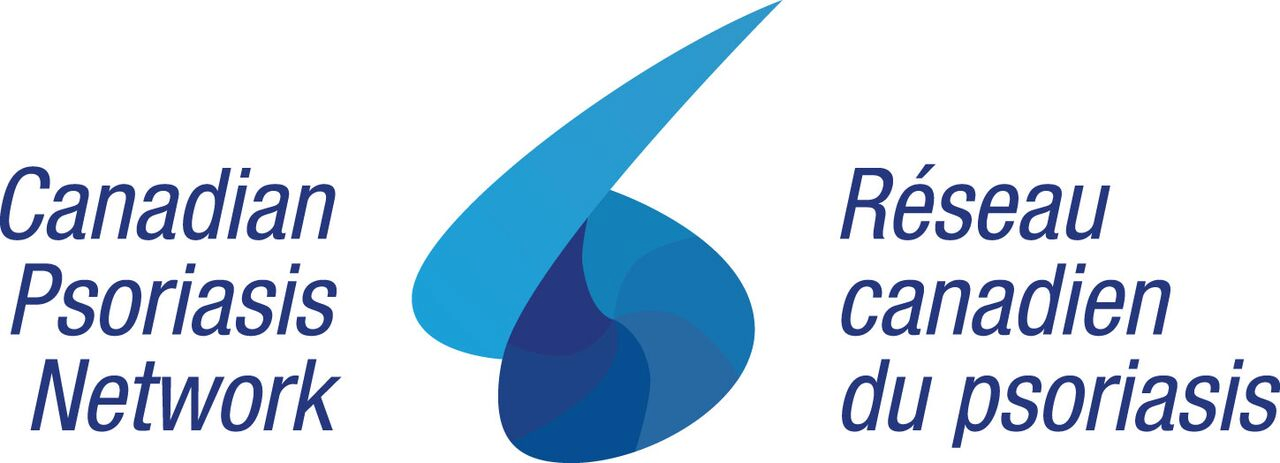Psoriasis?

What is psoriasis?
Psoriasis is an autoimmune disease affecting the layers of the skin. Psoriasis speeds up the creation of new skin cells from 28-30 days to 3-4 days. By speeding up this process, psoriasis doesn’t allow older skin cells to be shed properly therefore creating a build-up of excess skin cells at the surface of the skin. This build-up of skin cells results in raised, red, scaly patches of skin called lesions. Psoriasis commonly manifests on the surface of your scalp, knees, elbows and torso, but can be experienced all over the body. Based on the most current research and data, psoriasis is now understood as a non-contagious, chronic, inflammatory, autoimmune, whole-life disease that manifests in the skin and joints with associated complications.
What are the symptoms of psoriasis?
Signs and symptoms of psoriasis to look out for are:
- Red, scaly patches of skin
- Dry, cracked skin
- Itching, burning, or soreness of skin
- Thickened, pitted, or ridged nails
- Soreness or stiffening of joints (because of psoriasis’ association with arthritis)
Additionally, triggers for psoriasis outbreaks or flares often include: cold or dry climate, infections, stress, certain medications, and skin injuries.
What should I do when symptoms appear?
Seek the advice of your family physician. They may refer you to see a dermatologist (a doctor specializing in the diagnosis and treatment of skin disorders). Diagnosing psoriasis is often easy as it has visible symptoms, but your dermatologist may require you to undergo a skin biopsy or x-ray to confirm a diagnosis. Currently, there is no cure for psoriasis, but there are several effective treatment options. Many patients diagnosed with psoriasis are able to live completely normal lives, however, for some it is a debilitating disease. The Canadian Dermatology Association can assist in locating a dermatologist near you.

How can I prevent flare ups and manage psoriasis moving forward?
There are several ways to treat psoriasis. The most common methods are topical treatments, ultraviolet light therapy, and systemic treatments.
Modifications in your lifestyle can also be helpful:
- Take daily baths with warm water and gentle cleansers (avoid hot water)
- Gently pat your skin dry after bathing (don’t rub)
- Isolate and eliminate specific things that cause your psoriasis to flare
- Limit or eliminate alcohol consumption. Alcohol is known to cause flare-ups or interfere with treatments
- Don’t smoke! Like alcohol, smoking has been linked to increased inflammation and can interfere with treatment efficacy. Click here for more information
CSA Resources on Psoriasis
More information on psoriasis
- In-depth treatment information can be found at the Canadian Psoriasis Network.
- A printable guidebook on living with psoriasis is available at The Canadian Association of Psoriasis Patients.
Peer to Peer:
We solicited comments from other patients who have experienced Psoriasis who have shared some advice based on personal experience. Peer Feedback
Additional support on psoriasis:
There are two organizations supporting patients in Canada living with Psoriasis:


